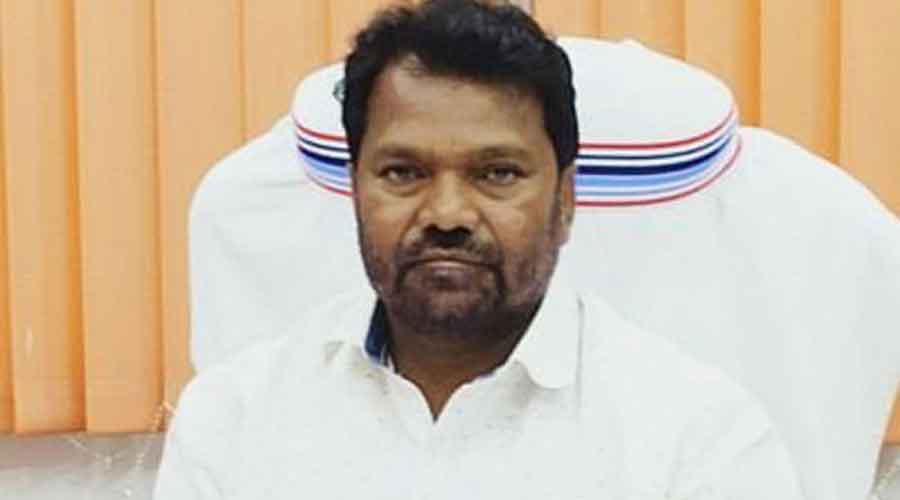Crusaders of Right to Education campaign have approached state education minister Jagarnath Mahato about the alleged violation of RTE Act provisions by unaided private schools and to ensure their complete implementation in the next academic session (2022-23).
“Recent surveys in Jharkhand have presented some troubling ground reality regarding the implementation of Section 12 (1) (c) of the RTE Act. Even after a decade, its implementation remains full of hiccups and issues resulting in the majority of the seats meant for poor students remaining vacant,” said Hasan al Banna from the Association for Parivartan of Nation.
Banna, who led the delegation, cited the recent RTI replies and government data and said: “The percentage of vacant seats across all the 24 districts in Jharkhand is very high and the situation being exceptionally worse in the districts of Ranchi, Jamshedpur and Seraikela-Kharsawan with the number of vacant seats touching almost 74 per cent in the academic year 2019-20. Almost 80 per cent of the seats in Jharkhand went vacant under this provision for the academic year 2018-19.”
The letter submitted by the delegation to the education minister states: “Given that the admission process for the next academic session (2022-23) is just going to start, we as Right to Education campaigners want to make sure that this session henceforth no seats under the Section 12 (1) (C) of RTE Act 2009 goes empty. We as a joint delegation of RTE campaigners urge you to implement some recommendations for the benefit of underprivileged children.”
The letter recommends shifting the application process online to an integrated state system with a proper tracking mechanism, doing away with physical submission of admission forms and organisation of government camps in each ward of the city and urban slums to spread awareness about the RTE provisions.
The letter further suggests that instead of applications being submitted by guardians directly to schools, all applications should be submitted and verified by the district superintendent of education (DSE) so that schools do not reject arbitrarily. Also, a transparent public lottery must be conducted if applications are more than the number seats.
“A grievance redress officer should be appointed to take complaints of fraudulent practices or misbehaviour by schools. In addition, since the Rs 72,000 income certificate is extremely difficult for guardians to obtain, we recommend increasing the limit to Rs 1.5 lakh that aligns with the minimum wage of the skilled workers in the state. We also suggest that parents should be allowed to furnish BPL ration cards so that they do not spend money on income certificates that expires within six months,” said Banna.
Section 12 (1) (c) of the RTE Act, 2009 states that private unaided schools have the responsibility to dispense and provide free education to children from disadvantaged and weaker sections and admit at least one-fourth of the total strength of class at entry level.










